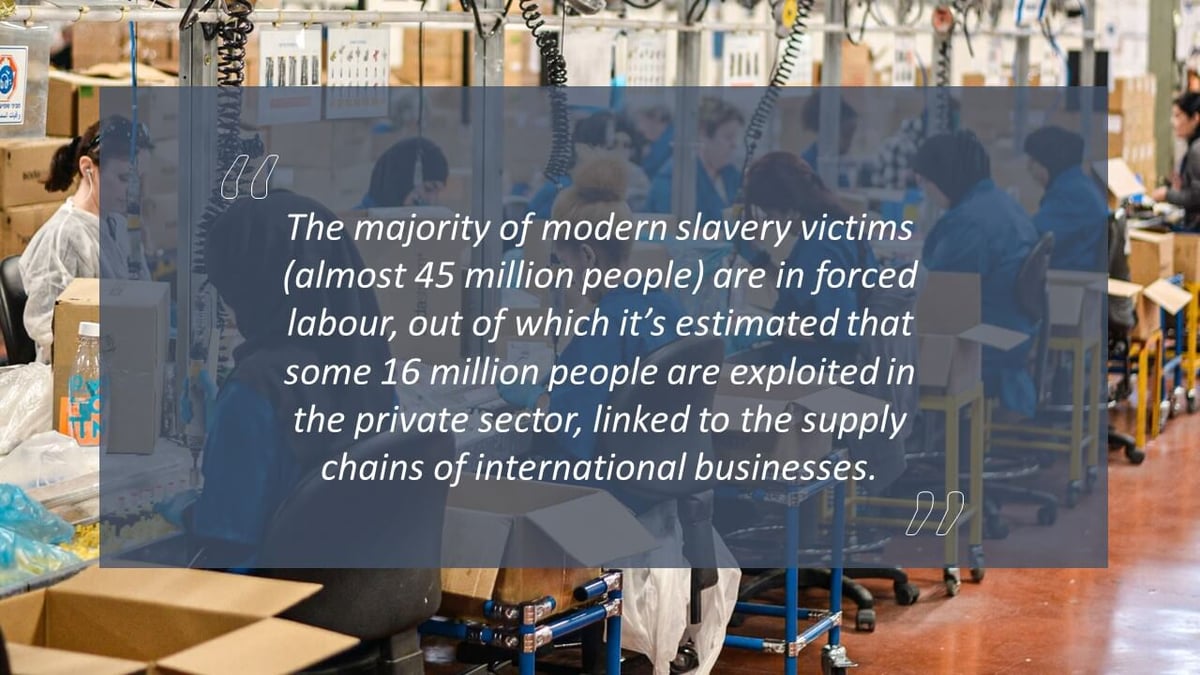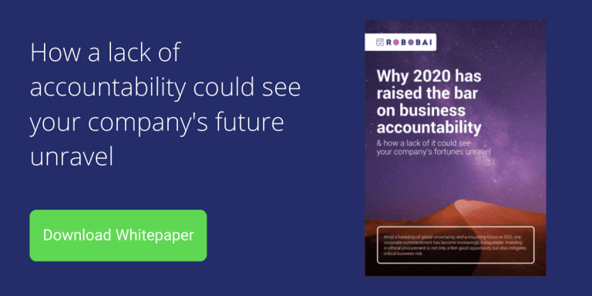Supplier diversity and the demise of 'business as usual': how an inclusive procurement strategy can shape your company's future
It's hard to think of another period in recent memory that has ushered in so much societal change. Parking a major global pandemic aside, the renewed...

-1.png)
.png)
.png)






